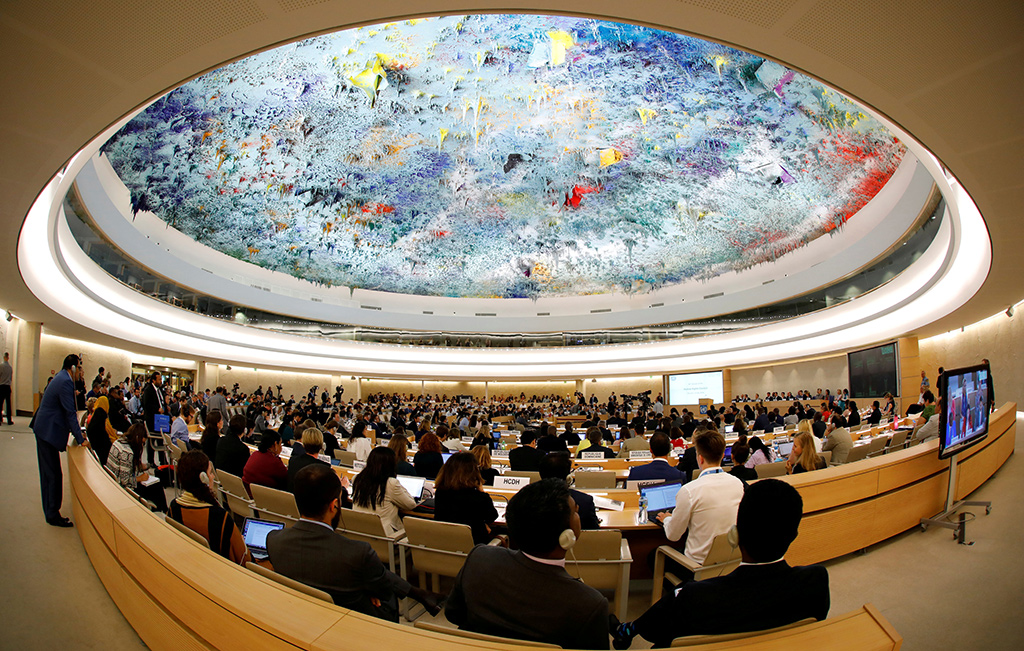Sri Lanka contributed 17,000 USD to the Office of the High Commissioner for Human Rights (OHCHR) in 2019, a report by OHCHR issued yesterday (Friday) said.
According to statistics in the report, Sri Lanka was the 68th highest contributor to the OHCHR in 2019 ahead of Singapore which contributed 15,000 USD and a number of other countries.
The European Commission contributed the highest funds to the OHCHR in 2019 totaling to 20,689,560 USD.
The High Commissioner for Human Rights launched the UN Human Rights Report 2019, which presented the results achieved last year by the UN Human Rights Office through the extensive work of its more than 1,400 staff based in its Geneva headquarters and in 84 field presences all over the world.
The report noted that the cash flow crisis that the UN faces led to further cuts in the regular budget of the UN Human Rights Office in 2019, of around 16% compared to 2018. This situation has made it impossible for the Office to honour all its mandated activities and has made it more dependent on voluntary contributions.
However, the UN Human Rights Office said that its voluntary income in 2019 also decreased — by 4.3% –compared to 2018.
In 2019 Sri Lanka had a more stronger relationship with OHCHR, a relationship which took a U-turn after the current Government took office.
Sri Lanka this year withdrew from the co-sponsorship of the UN Human Rights Council (UNHRC) Resolution on “Promoting reconciliation, accountability, and human rights in Sri Lanka”.
The report released yesterday (Friday) said that in 2019, OHCHR continued to support the Human Rights Commission of Sri Lanka as the designated domestic mechanism to conduct the human rights screening of Sri Lanka military personnel who are nominated for deployment to UN peacekeeping missions. Moreover, OHCHR deployed a rapid response team to strengthen the UNCT’s capacity to monitor the human rights situation before and during the presidential elections that were held in November.
A human rights assessment mission was also deployed to Sri Lanka, in consultation with the Resident Coordinator, to support the monitoring and risk assessment work of the Human Rights Advisor, particularly in the context of the presidential elections held on 16 November. The mission convened more than 70 meetings with different interlocutors, including the Resident Coordinator, national and international electoral observation organizations, religious organizations and civil society actors. The mission bolstered the human rights monitoring capacity of the HRA and provided additional early warning analysis to inform the UN system on the level and type of risks for further deterioration of the human rights situation. (Colombo Gazette)

